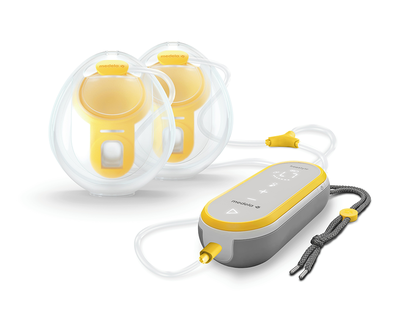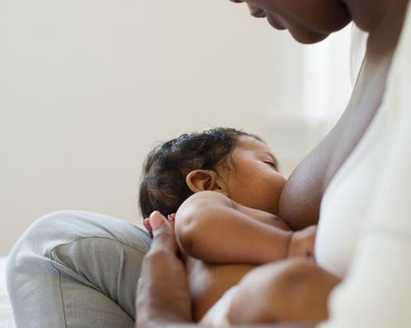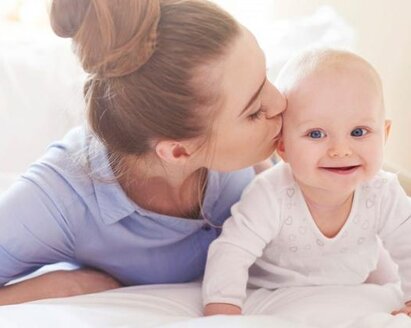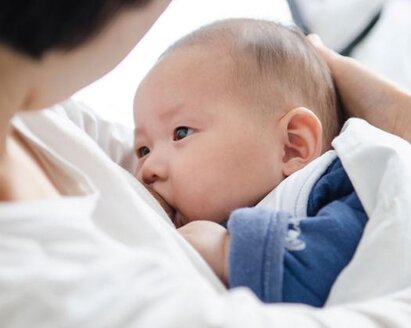Even if mums do not experience the more serious condition of postpartum depression, it is still common for new mums to feel a softer sense of “baby blues.”
It is important to remind you that what we offer in this article is not medical advice so please be sure to consult your doctor if you are experiencing any symptoms of unease or have any other concerns about you or your baby’s health.
New mums often are affected by feelings of inadequacy and self-imposed expectations that they are supposed to know how to do everything and be “perfect” mums from day one. However, motherhood does not switch on automatically overnight. Just like any other major life transition, it can be overwhelming and scary.
In fact, according to a recent study, the birth of a first child can create a decrease in parents’ happiness larger than the drop in happiness occurring with unemployment, divorce or death of a spouse.
This sounds severe, but if you think about the many major changes that go with the arrival of a new baby, it is understandable. For some time, a new mum may be disorientated and feeling emotionally vulnerable. As we already mentioned, in addition to baby blues, some new mums experience more severe postpartum depression.
If you are feeling intensely unhappy after a couple of weeks with your newborn, to the point that is affecting your everyday life, reach out to your maternal child health nurse, doctor or lactation consultant.
According to Perinatal Anxiety and Depression Australia (PANDA) about 1 in 7 new mothers experience clinical postnatal depression and / or anxiety.
Postpartum depression has very distinct symptoms. You might feel angry, sad, helpless, hopeless, guilty, or hypersensitive, and lose interest in things you used to love. To learn more about the perspective of a mom who struggled with postpartum depression, check out this blog article on TheArtofSimple.net.
If you or someone you know is struggling with symptoms of postpartum depression, please seek help. It’s nothing to be ashamed and it doesn’t mean you are not a “good” mother!
Many mums experience postpartum depression; in fact all mothers are screened for postpartum depression at their maternal child health nurse or GP 6 week check.
Going through depression or even the less severe “baby blues” can be discouraging and isolating for new mums. After all, you have just had a baby and everyone around you is excited and thrilled and overjoyed – everyone perhaps but you.
You are tired and feeling emotional and embarrassed to admit that you really don’t have a clue what to do. You may have prepared and done a lot of reading about how to be a mum, but the reality is constant, irrevocable, full-on, intense and exhausting. Your life has irreversibly changed.
You are now a mother, a new woman. It takes time to adapt to this massive change to your daily life and your fundamental identity – but it can and will get better!
Here are some things to remember if you are struggling with feelings of sadness or depression after becoming a mother:
Feeling “Baby Blues” is Very Normal
According to recent research, up to 80% of new mothers experience the feeling of “baby blues.” Having these feelings does not make you a bad mum! You are not alone. Having a baby is a profoundly powerful experience, and intense experiences tend to create big emotional responses.
"Baby blues" may make you feel irritable, moody, weepy, restless, or unable to sleep – or all of the above. Try to relax and know that these feelings will pass as you gain confidence and get into some routines.
Remember Hormones Are Taking Over
Going through pregnancy and childbirth creates massive changes in a mother’s hormones. For example, during pregnancy, your body makes much higher amounts of oestrogen and progesterone. Within 24 hours of birth however, these hormone levels drop down again, to where they were before pregnancy.
This sudden withdrawal of hormones may be a trigger for depression symptoms in many women. It is similar to the hormone changes that go on with women’s monthly menstrual cycles, but even more condensed and intense.
Get Moving!
If your body’s hormones are making you feel bad, you need to try to fight back with some “feel-good” hormones – also known as endorphins. One of the best ways to do this is to exercise. This is one reason why fitness classes are popular with new mums.
Whether it is a mummy-and-me class or just walking around an indoor gym track with your baby carrier – getting moving is good for you. Alternatively, just take a walk around the neighborhood each day. Do something that feels good and gets your body moving will make a huge difference.
Ask for Support
Being a new mother can feel isolating and depressing, especially after the excitement subsides from all the family and friends who were there for the first few days or weeks of the baby’s life.
Don’t be afraid to ask for help! Your partner may be feeling equally overwhelmed, but do not hesitate to tell him or her what is on your mind.
Make sure you have a good circle of supportive people around you who are helping to manage the tasks and stresses of daily life – whether it’s your partner, your mum, your dad, your friends, your sister or others.
Give Yourself Time
Keep in mind that truly “becoming a mother” is a process that does not happen immediately. New mums often struggle to make sense of the massive changes in their emotions, their bodies and their sense of selves. So don’t put pressure on yourself!
Relax. Allow yourself to have some breathing room and give it time to adapt to the new reality of having this baby in your life.
Talk to Other Mums
Women have always helped each other with the challenges of raising babies, so it is important to find a circle of mum friends who can be part of your life in a meaningful way.
Share experiences and tell stories in good times and bad, both online and in the real world. You are not alone – remember that motherhood is rarely easy for anyone and that 80% of new mothers experience a bit of sadness. Go online to find support and networking groups for mums in Australia.
Let the Past Go and Embrace the Future
Having a baby changes your life forever, and it can be hard to fully appreciate the reality of this until you are living it every day.
It’s natural to feel a bit nostalgic or wistful for the life you used to have before your baby, when you were an independent adult with free time and disposable income. But try not to look back and what you have “lost” by being a mum – instead, focus on what you’ve “gained.”
You now have this wonderful little person in your arms along with a powerful sense of purpose. You have a family. Dealing with loss and giving up the old for the new is part of life, and you will feel this especially intensely with each stage of raising and caring for your child.
The freedom that you had as a single woman is gone but what replaces it is the amazing opportunity to raise a child, to become a mother. Your “old life” is gone, but what lies ahead is going to be exciting and full of joy.
Did you experience “baby blues” in the weeks following the birth? What did you find helped the most to take your mind off your feelings? Did you find any specific resources that were very helpful? Please leave your comments in the section below and join the conversation on the Medela Australia Facebook page.
Disclaimer: Nothing in this article is intended to be medical advice.



















































